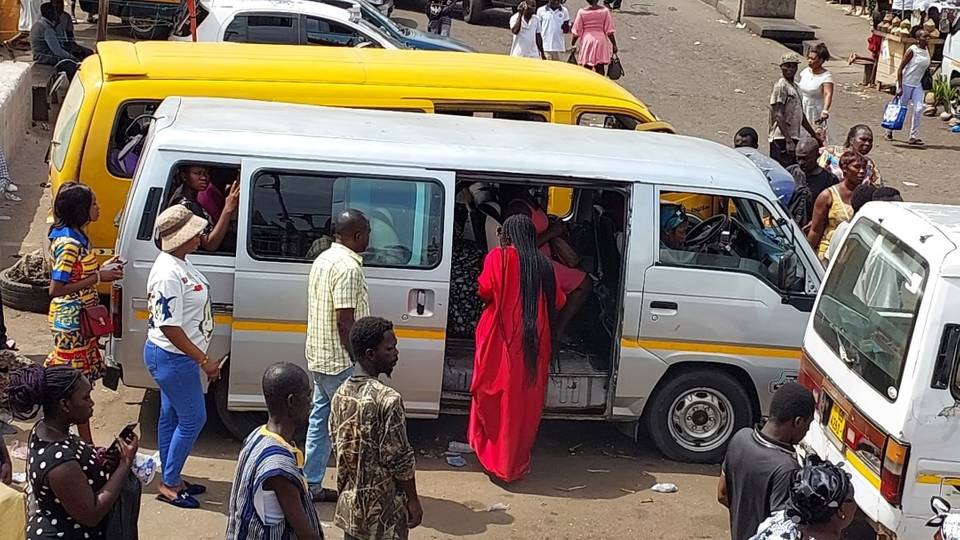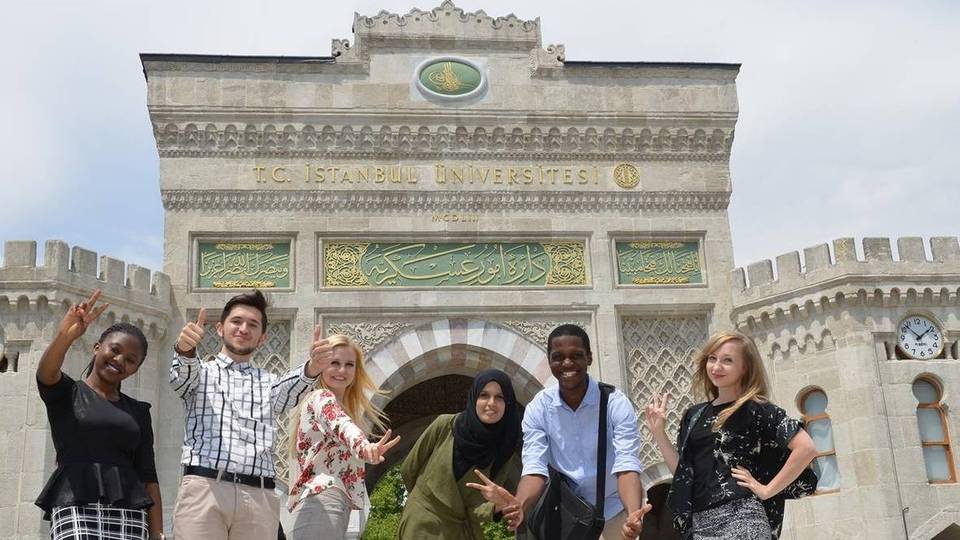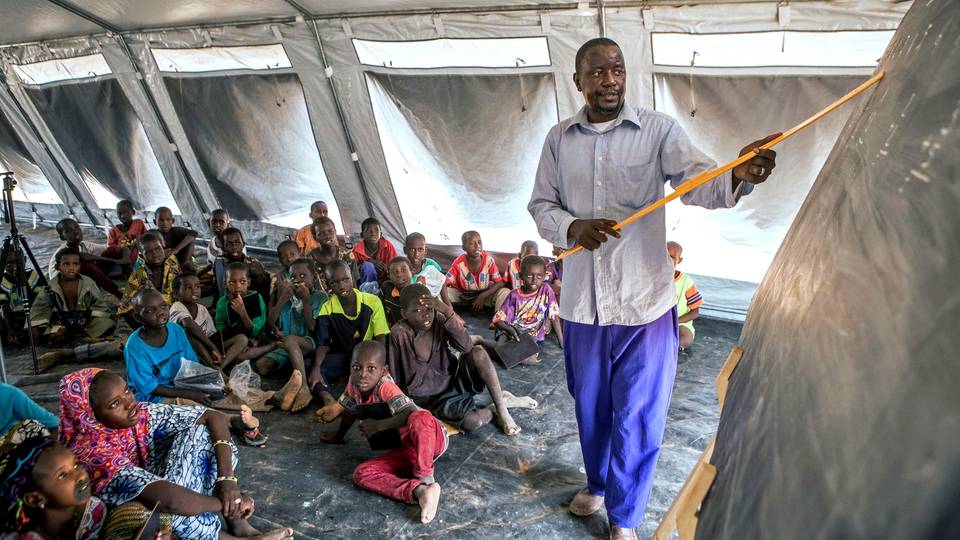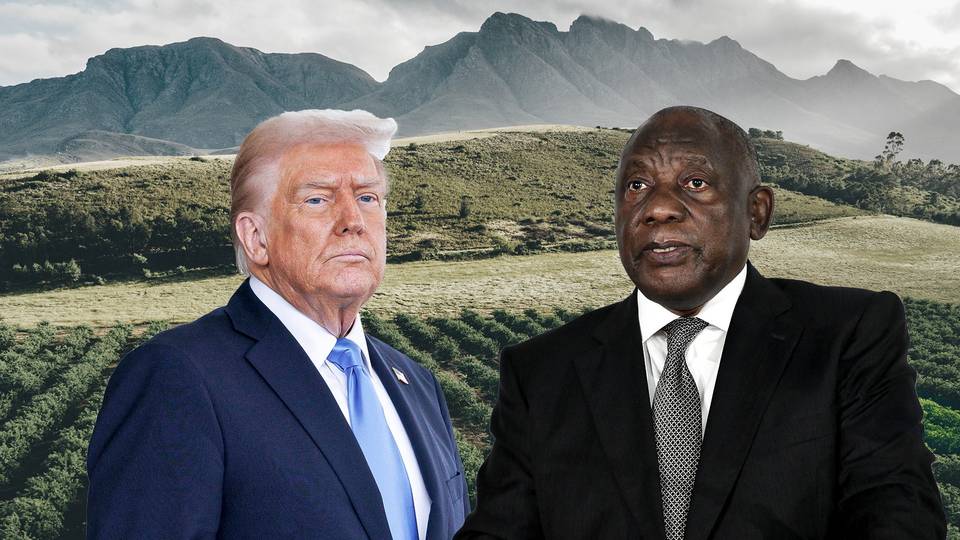Sport
Dollar
38,2552
0.34 %Euro
43,8333
0.15 %Gram Gold
4.076,2000
0.31 %Quarter Gold
6.772,5700
0.78 %Silver
39,9100
0.36 %Globally, public transport, including paratransit has been widely recognised as a public good and as such, needs to be funded with public money.

By Gift Dumedah
Public transport is a fundamental enabler facilitating access to jobs, services, healthcare, education, and social opportunities, which are critical for socioeconomic vitality and quality of life.
As a catalyst for access to opportunities, public transport is vital to the promotion of sustainable development, community well-being, and inclusive growth.
There are challenges to public transport worldwide, but the obstacles are severe, varied, and many in African countries.
Structural adjustments imposed by the international financial institutions, for example, the World Bank and International Monetary Fund during the 1980s and 90s speed up the dismantling of many publicly operated transport systems.
Concurrently, the intensity of increasing demand through rapid population growth, urbanisation, and expansion of low-density developments around African cities have led to local communities adapting by using rapidly growing informal transport systems.
As these informal transport systems evolved, they took on the many forms and modes such as minibuses, taxis, motorcycle taxis and three-wheelers that comprise what is referred to as paratransit.
Paratransit is the largest provider of public transport in Africa, with proportional provisions as high as 58% in Cape Town, 87% in Nairobi, and 86% in Accra (Behrens et al., 2016).
Transport disruptions
There are some cases of Bus Rapid Transit (BRT) systems in some African cities such as Lagos in Nigeria, Dar es Salaam in Tanzania, Tshwane (Pretoria) in South Africa among others.

BRT systems often operate on dedicated lanes, providing fast and predictable journey times, and are operated by large vehicles that carry large numbers of people efficiently.
They are perceived as efficient, green, and inclusive mobility, reflecting the aspiration for sustainable urban transport in Africa.
But the current BRT service provisions are a fraction of the proportion of the services provided by Paratransit.
That is, paratransit is the most representative of the overall public transport system in Africa. Paratransit is vital for most African cities, as they could hardly function without its services.
This is evidenced by severe impacts on cities whenever Paratransit operations suffer from supply disruptions including industrial strike actions by operators, fare disputes, and fuel price increases.
Despite their critical role in mobility and access, Paratransit operations in Africa are highly inefficient resulting in unequal access to opportunities, traffic congestion, road traffic crashes, poor service quality, and unsafe road environments.
Fundamental shift
While the Paratransit system is a party to some of these negative impacts, the key culprit is the existing systemic structural arrangement created around Paratransit which is mostly built on underlying political economy, social injustice, labour exploitation, and lack of investment by many local and national governments in public transport.

Inherently, there are pertinent cross-cutting challenges facing public transport in Africa, some of which relate to poor governance, lack of funding, inadequate infrastructure, transport-related social exclusion, and inaccessible transport.
A fundamental shift is needed to mainstream and modernise Paratransit services. It is the largest provider of public transport services, yet it does not receive adequate governance, proper planning, enough investment, financial backing, proper infrastructure, or sufficient research and development activities.
Globally, public transport, including Paratransit has been widely recognised as a public good and as such, needs to be funded with public money.
The overarching implication of this notion is that everyone pays the price for a poorly built, operated, and maintained public transport.
Passengers suffer through the use of the low-quality public transport as local businesses and residents painfully endure poor services and lower economic productivity.
There is also higher environmental pollution, increased congestion and traffic crashes, decreased access to opportunities, and unsafe transport environments.

However, there are opportunities for the future of public transport in Africa.
Need for resilience
The vast majority of public transport is still being built in Africa, with the prospect to provide inclusive and accessible systems, enhance public transport especially Paratransit, promote sustainable options, for example, micromobility, non-motorised (e.g., walking and cycling) and encouraging green transport to address climate goals.
There is also the possibility of integrating public transport with technology, strengthening partnerships and collaborations, promoting investment and development in public transport and rethinking public transport policies.
It is essential that these actions are underpinned by equity, with the commitment to minimise economic, social, and environmental stress when accessing public transport.
Future public transport in Africa should also be resilient to natural and environmental disasters, global crises, financial shocks, and climate emergencies.
Overall, the aspiration is a public transport system that is accessible, inclusive, equitable, sustainable, and resilient serving all persons in Africa.
The author, Gift Dumedah, is a Ghanaian academic whose research focuses on transport, access, and mobility in Africa.
Disclaimer: The views expressed by the author do not necessarily reflect the opinions, viewpoints and editorial policies of TRT Afrika.
Comments
No comments Yet




















Comment